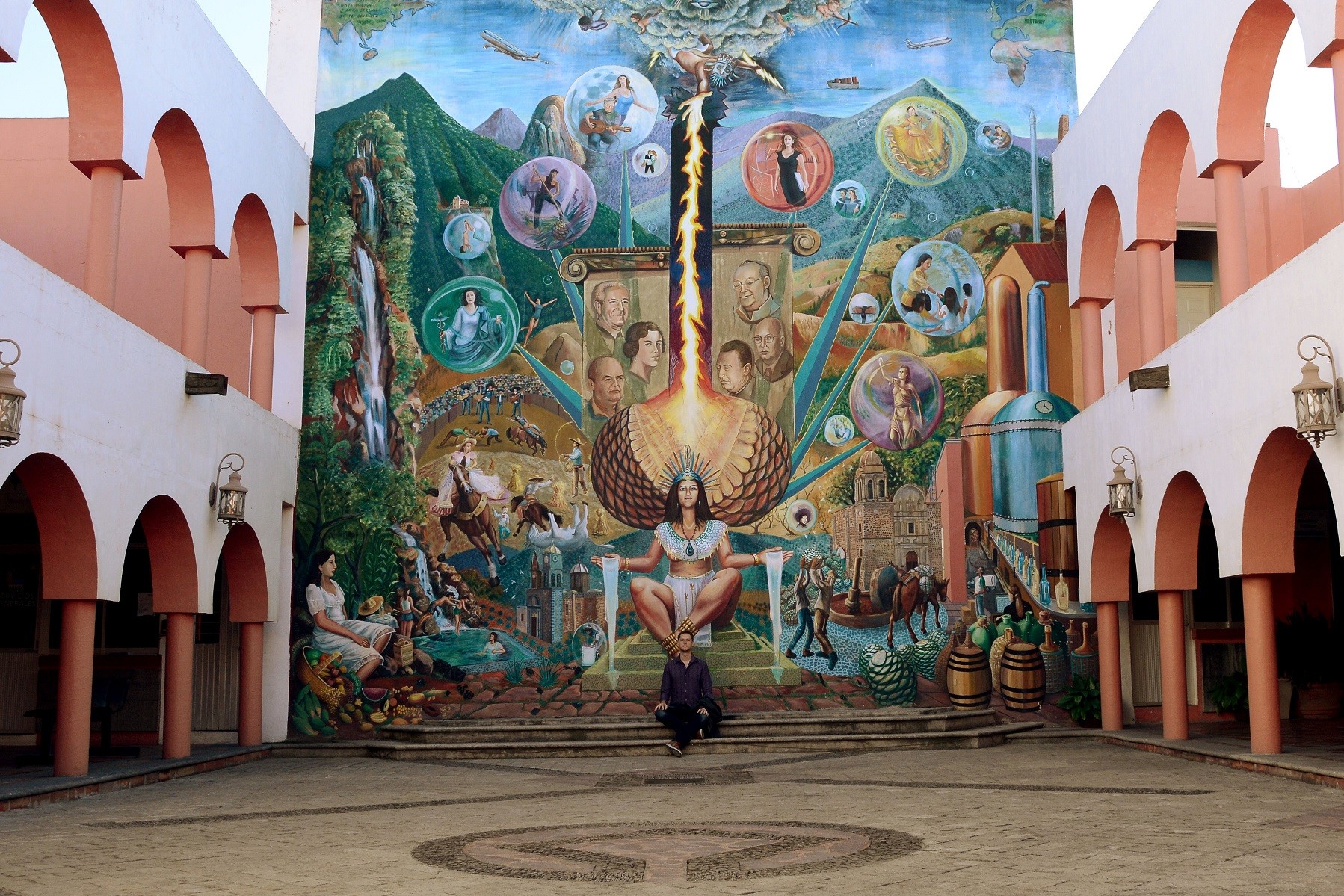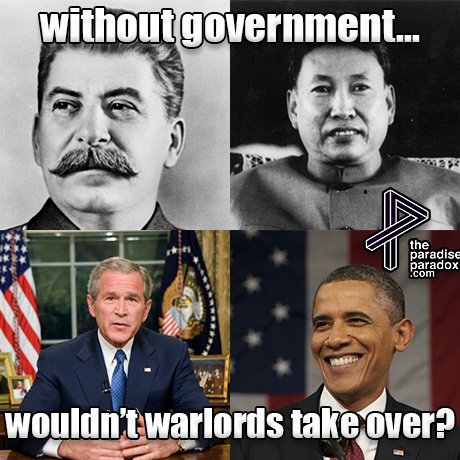Seeing others’ humanity for greater communication
Many fools have wasted many hours arguing with people on the Internet, myself included. If you are passionate about politics, or some other controversial subject, you’ve probably got yourself into some awkward conversations. If you’re a real hard case, you might have even incited such conversations on purpose. For arguers, those interactions are enjoyable, an exercise in intellect or rhetoric. For others, they’re emotionally taxing, and can even end friendships. When a discussion becomes an argument, you start to view the people you’re talking to as objects, and that’s especially common on the Internet, when you can’t see their faces.
It’s truly a shame when people stop being friends because of a disagreement over politics, dividing ourselves, removing the possibility of human connection in favour of an abstraction, or even a politician whom you’ll never meet. We can always make the decision to see the humanity in people, recognising their consciousness even in moments of disagreement.
In customer service, you learn to handle people even when they’re emotional, and many of the lessons of customer service can apply in our everyday communications – seeking to understand before seeking to be understood, paraphrasing to confirm comprehension, apologising more than is normally expected, finding common ground with our fellow humans, and being grateful for friendly interactions.
In this episode, Kurt describes how feeling compassion during your arguments can quickly transform them into discussions, discovering more about the perspectives of others, and using understanding to be more persuasive. Join us in another heart-opening episode of… The Paradise Paradox!
The Eps:
People are more important than ideas – Episode 177
The Cash:
If you enjoy our posts, please become a patron on Patreon, or have a look at The Paradise Paradox’s page on Steemit where you can join, earn money, and upvote our posts to help support the show! You can also find a lot of additional content which is not posted on this site, with Kurt’s posts on Steemit.
We really appreciate all of your contributions! Every cent and satoshi we receive lets us know that we’re doing something worthwhile, that you are entertained by our program, and that you’re starting to question what you know more and more. Please be generous. Donate to The Paradise Paradox. Or buy some stuff on Amazon using this link. Or buy some of our great T-shirts here.
The Episode:
Audio PlayerTo download the audio, right click and press “save as”.
Remember to subscribe on iTunes or subscribe on Pocket Casts.
If you enjoyed the episode, don’t keep it a secret! Feel free to share it on Twitter, Tumblr, Facebook, Reddit, or your office bathroom wall.




